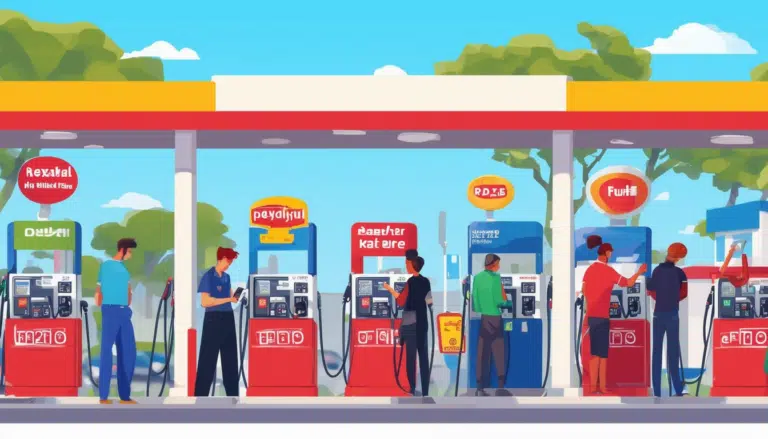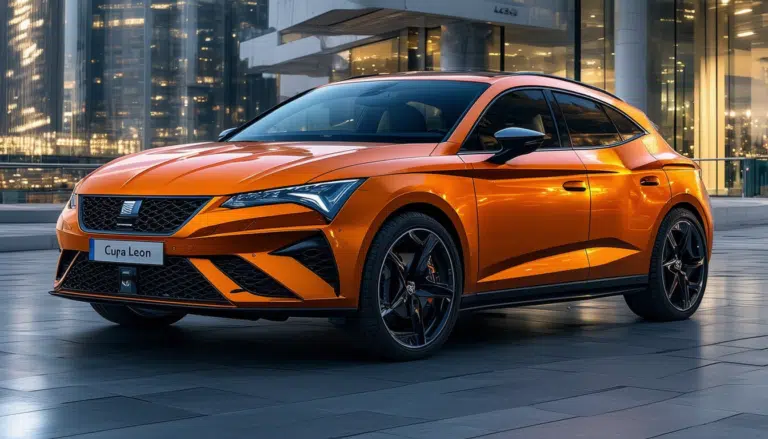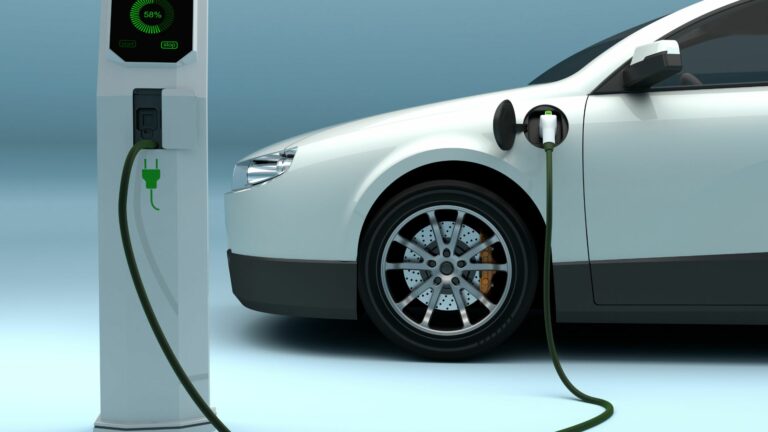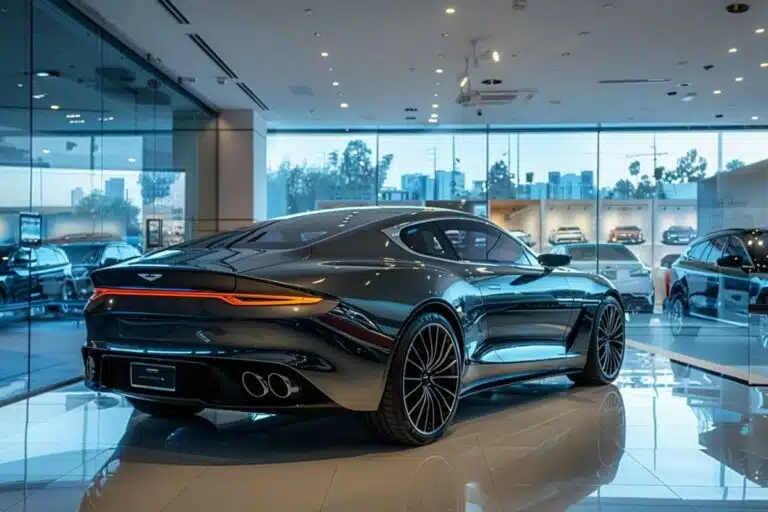Motores Diesel: Are we witnessing the end of an era?

Diesel engines, which once dominated the automotive market with over 70% of sales in their golden years, are now facing a pronounced decline due to increasing regulatory pressures and the shift towards cleaner technologies. Currently, they represent less than 10% of the market, highlighting a drastic fall driven by the need to comply with stricter emissions limits and the rising cost of diesel fuel. In this changing landscape, it is crucial to analyze the future of these engines, which, although in decline, still play a relevant role in certain industrial segments.
Over the last decade, the automotive scene has seen a drastic change regarding the use of diesel engines. A technology that once dominated the market now faces a notable decline in demand. Contributing factors include stricter environmental regulations, the shift toward electric vehicles, and the rising costs associated with the production of these engines. In this article, we will delve into the factors converging to close the chapter on diesel engines, exploring current examples and possible pathways for the future.
The Decline in Diesel Engine Sales
In recent years, the market for new vehicles in Spain has seen a drastic drop in the share of diesel engines. While in the mid-last decade more than 70% of sold vehicles utilized this type of engine, today they represent less than 10% of sales. This reality is a consequence of high costs and the technical complexity required to adapt diesel engines to increasingly stringent NOx emissions standards. The rise in diesel prices, which has approached that of gasoline, along with improvements in the efficiency of hybrid gasoline engines, has accelerated this decline.
Causes of the Imbalance in Diesel Usage
Automakers are gradually reducing the supply of vehicles with diesel engines due to lack of demand and rising production costs. Many brands now only offer diesel engines in medium, large, or luxury models. A highlighted example is the Kia Sportage which, although it still maintains diesel options, is steering its offering toward more sustainable alternatives.
Innovations in Mild Hybridization
Some manufacturers have tried to keep diesel engines relevant by integrating mild hybrid systems, which allow them to obtain the ECO environmental label from the DGT in Spain. These vehicles offer certain advantages such as tax benefits and fewer restrictions when circulating in urban areas. Within this category are models like the Hyundai Tucson 1.6 CRDi MHEV and the Kia Sportage 1.6 CRDi MHEV. Both have been designed with a diesel engine accompanied by a small electric motor to improve energy efficiency.
Use Case in Commercial and Agricultural Vehicles
Despite the decline in the passenger car segment, diesel engines remain valuable in heavy transport, agricultural machinery, and other fields where their fuel efficiency and high torque are crucial. Companies like Lucas Diesel Systems have emphasized that although regulations are tightening, diesel engines will not suddenly disappear from these sectors. However, it is also predicted that in less than a decade, their use will be very limited in passenger cars in Europe.
Conclusion and Futuristic Thoughts
As more cities in Europe establish low-emission zones and pave the way for a future without diesel, the end of these engines seems imminent. However, while the traditional internal combustion engine begins to withdraw from the spotlight, it is time to observe how innovations in sustainable technology will transform the automotive landscape. For enthusiasts of larger engines, such as those interested in V12 engine vehicles, the market is filled with increasingly innovative options.
The Imminent Transition of Diesel Engines
Diesel engines have been the backbone of many industrial sectors and also an integral part of the consumer automotive market for decades. However, we find ourselves at a crucial point where sustainability and technological modernization push towards an inevitable change. The decline of diesel engines is more evident than ever, observed in the reduction of their marketing and the progressive disinterest of some manufacturers opting for cleaner technologies.
Strict emissions regulations and the emphasis on reducing nitrogen oxides (NOx) have made the production of new diesel cars costly and complicated. These factors, combined with the increase in the efficiency of gasoline engines and the rapid adoption of electric vehicles, have displaced diesels from their dominant position. Just a decade ago, diesel engines represented a significant part of the market, something unthinkable in the current landscape where they barely reach 10%.
Despite the shift towards greener mobility, diesel engines will continue to play critical roles in heavy transport and agricultural machinery, where their efficiency and durability are still irreplaceable. However, the automotive industry is clearly prioritizing innovation towards hybrid and electric technologies, driven by government incentives and consumer preferences in a world increasingly aware of environmental issues.
In summary, while diesel engines are heading towards their decline, with their presence significantly reduced in the market, their historical contributions to transportation development cannot be ignored. The era of electromobility has begun, and although diesel engines still have a place where their specific benefits are irreplaceable, the path towards their end in the consumer market is becoming increasingly clear. In the coming years, the automotive industry will continue evolving, redefining what it means to be sustainable and efficient in a modern world.




